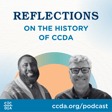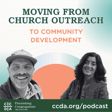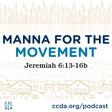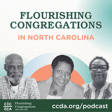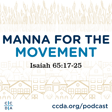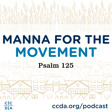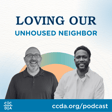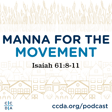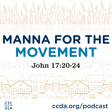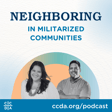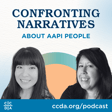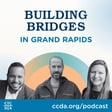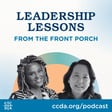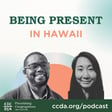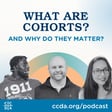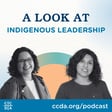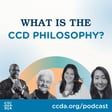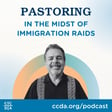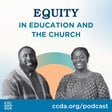
Creating Belonging Through Language
Sarah Callen is joined by Emanuel “Ricky” Padilla and Dra. Itzel Meduri to discuss multilingualism. They share the history of language weaponization and hierarchy in America, which led to the signing of an Executive Order in 2025 designating English as the official language of The United States. Ricky and Dra. Meduri also offer theological support for multilingualism and practical steps we can take to embrace this practice in our lives.
Visit World Outspoken’s website to learn more about the work that Ricky and Dra. Meduri are doing on multilingualism. And be sure to check out their course, Lingua Franca. Follow World Outspoken on Facebook and Instagram @worldoutspoken.
Born in Detroit, the experience of the Puerto Rican diaspora is central to Emanuel’s research and ministry interests. He is completing a PhD in theological and ethical studies at Garrett-Evangelical Theological Seminary, working to construct a theology that accounts for the history of colonization in Puerto Rico and the theological implications of a Black diasporic identity for recovering belonging and peoplehood. He is committed to serving bi-cultural congregational leaders facing questions of identity, culture, and theology through his work as president of World Outspoken, a ministry preparing the church for cultural change.
Dra. Itzel Meduri is a Spanish professor and Chair of the Modern Languages Department at Biola University. Her work focuses on multilingual communities, highlighting linguistic diversity, bilingual identities, and language ideologies. A Los Angeles native of Mexican heritage, she is married to an Italian man and raising multilingual children.
Connect with CCDA on Instagram, Twitter, Facebook, and LinkedIn. Follow CCDA on YouTube.
